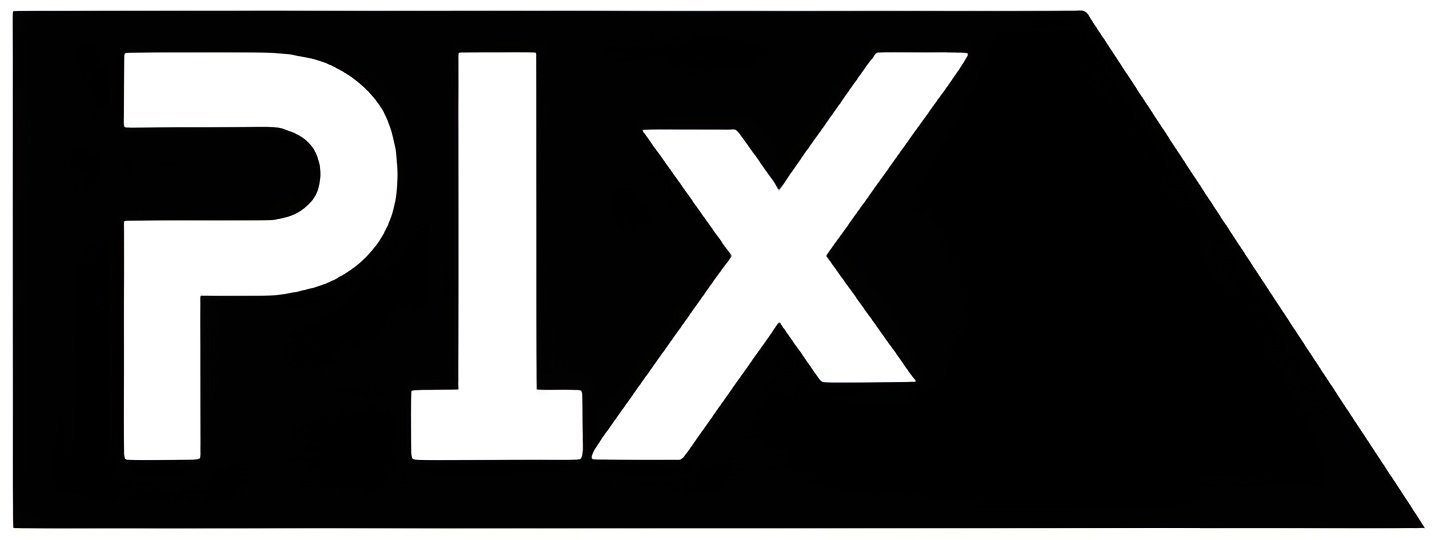OpenAI is launching a new way for developers to build applications inside of ChatGPT. Starting Monday, users in ChatGPT will be able to access interactive applications from companies like Booking.com, Expedia, Spotify, Figma, Coursera, Zillow, and Canva. OpenAI is also launching a preview of the Apps SDK, the developer-facing toolkit to build these apps.
OpenAI made the announcement at its annual developer conference, DevDay 2025.
“We want ChatGPT to be a great way for people to make progress, to be more productive, more inventive, to learn faster, to do whatever they’re trying to do in their lives better,” said CEO Sam Altman. “[Apps inside of ChatGPT] will enable a new generation of apps that are interactive, adaptive, and personalized, that you can chat with.”
The new system is OpenAI’s latest attempt to build an ecosystem of apps around its flagship AI product, ChatGPT. The launch follows OpenAI’s previous attempts to let developers build interactive applications, such as through its GPT Store. Unlike that product, which was a separate app store, Monday’s launch puts apps directly in ChatGPT’s responses and lets users call up third-party tools in their everyday conversations. This gives developers better distribution for the apps they build and aims to make a richer experience for users in ChatGPT.
By typing the names of different apps in ChatGPT, users can draw in content from a variety of services. For example, users can say, “Figma, turn this sketch into a workable diagram” to call up the Figma app. Users can also call up the Coursera app by asking, “Coursera, can you teach me something about machine learning?”
In a demo of Zillow’s application, users could prompt ChatGPT in natural language to search for apartments in their area within a specific price range. ChatGPT then pulled up an interactive map showing options, and users could talk with ChatGPT to learn more about each one.

ChatGPT will also surface relevant apps when they could be helpful to a user. If someone asks for a playlist for a party this weekend, ChatGPT may call up the Spotify app in the conversation. In the future, OpenAI says apps like DoorDash, Instacart, Uber, and AllTrails will be available in ChatGPT as well.
OpenAI says the new system is built using the Model Context Protocol (MCP), which allows developers to connect their data sources to an AI system. ChatGPT apps can also trigger actions and render a fully interactive UI in the chatbot’s responses. Certain apps are able to display videos in ChatGPT, which will be pinned to the top of the web page and can be altered based on user requests.
If users are already subscribed to a product, they’ll be able to log in to their account directly in ChatGPT to access certain features. Altman also says OpenAI will support ways to monetize apps inside of ChatGPT in the future, including through the company’s recently launched Instant Checkout feature in ChatGPT.
Key questions around apps in ChatGPT will be privacy, and how much data third-party developers will have access to. OpenAI says developers must “collect only the minimum data they need, and be transparent about permissions.” However, it’s unclear whether developers would have access to a user’s entire conversation with ChatGPT, the past few messages, or just the prompt that summoned up the app.
It’s also unclear how ChatGPT will choose a service between competing companies, such as DoorDash and Instacart. One could imagine how companies could pay to be surfaced in ChatGPT responses, but OpenAI says it plans to prioritize the user experience above all else.



















































